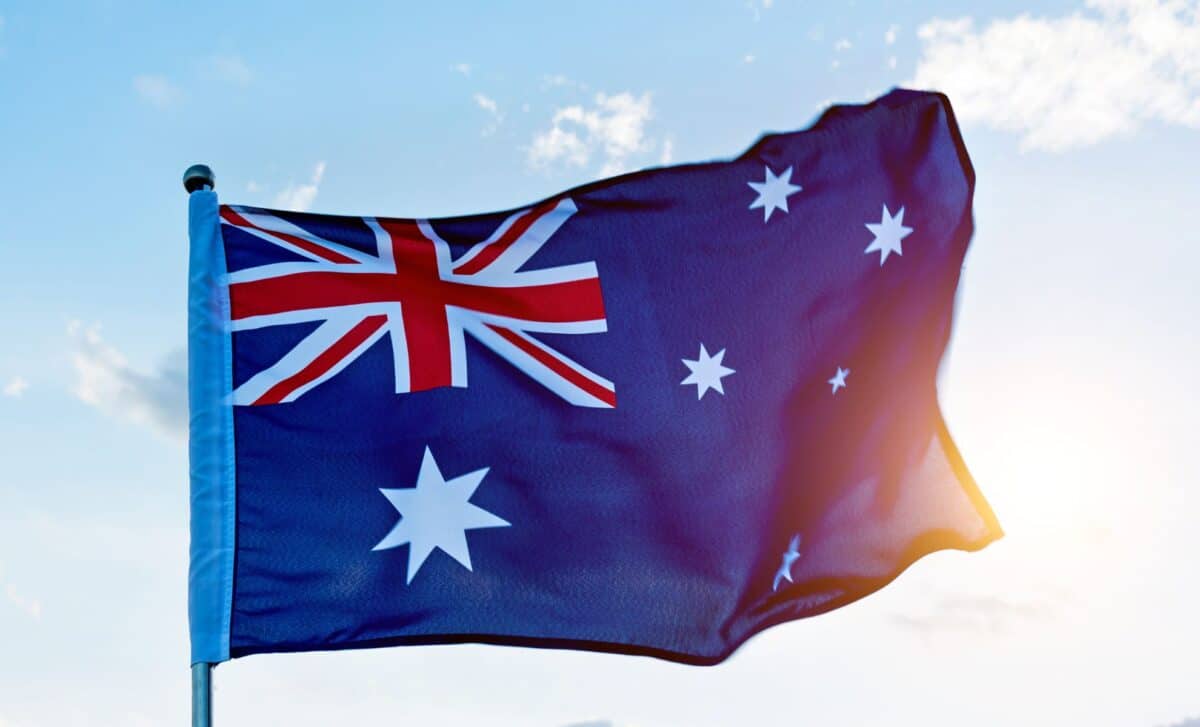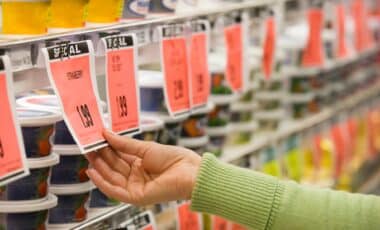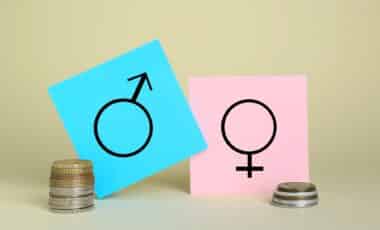In the previous fiscal year, $67.2 million in secret political donations went to Australia’s major parties and the Greens, exposing serious weaknesses in the country’s transparency regulations. The debate over how to reduce secret contributions while preserving political funding is getting more heated as the federal government pushes for election reforms to restrict large-scale donations and mandate real-time disclosure.
A System Under Scrutiny
On Monday, the Australian Electoral Commission (AEC) made public its most recent political donation data, providing a unique look at the financial support of the main parties. Tens of millions of dollars, however, are still missing despite the disclosure because of legal loopholes that permit donations under $16,300 to evade reporting requirements.
Concerns regarding the power of affluent donors in Australian politics have been rekindled by this lack of transparency. There is currently pressure on the Albanese government to enact new legislation that would guarantee better accountability by lowering the disclosure threshold to $1,000 and implementing real-time reporting. However, progress could be halted by conflicting interests and political tensions.
Undeclared Donations and Major Contributors
According to the AEC figures, $156m in total receipts flowed to Labor, the Coalition, and the Greens in 2023–24. However, the sources of $67.2m were not disclosed. Among the major parties, the Liberal Party recorded the highest proportion of undeclared donations, with half of its funding falling into the ‘dark money’ category.
Prominent individual donors included Rob Keldoulis, a share trader who contributed $1.1m to Climate 200, a group backing independent candidates. Anthony Pratt, chairman of Visy, donated $1m to Labor, while Marcus Catsaras, a climate and energy market trader, provided nearly $1m to the same independent campaign group.
Corporate contributions also remained significant. Gina Rinehart’s Hancock Prospecting gave $500,000 to the Coalition, while the Minerals Council of Australia directed $382,465 to both major parties. Wagering companies, including Sportsbet, Tabcorp, and Responsible Wagering Australia, collectively donated more than $200,000, even as the government considered—then shelved—legislation to regulate sports betting.
Calls for Reform Amid Political Negotiations
The Albanese government has suggested additional rules, such as expenditure caps of $800,000 per electorate and a $20,000 maximum on individual contributions. Both the Coalition and crossbenchers oppose the bill, citing concerns about the potential impact on independent candidates and smaller parties.
Transparency International Australia’s Clancy Moore has urged Parliament to act swiftly. “We urgently need the parliament to pass laws to introduce real-time disclosure of donations, lower the donation disclosure threshold to $1,000 and close the MCG-sized loophole to the definition of ‘gift’ that allows millions in ‘dark money’ to line the pockets of the major parties,” he said.









